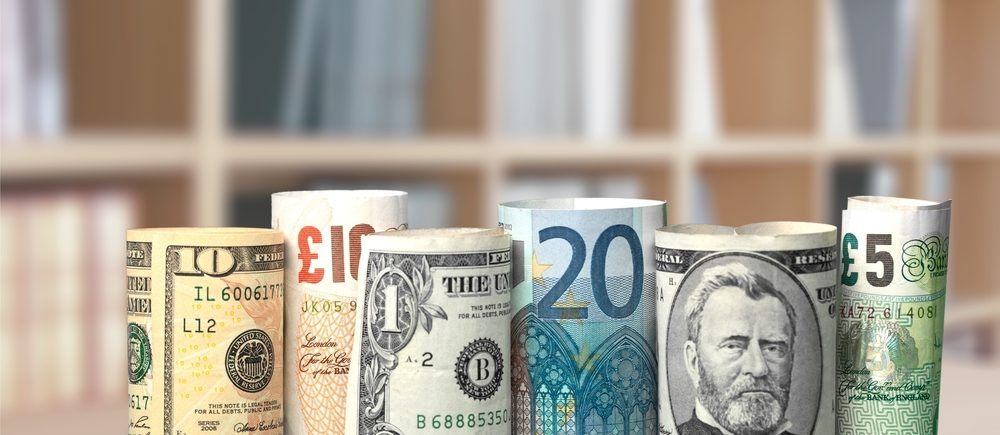The dollar rose on Thursday as oil prices stabilized and commodity-linked currencies gave up some of their gains, while the yen plunged to its lowest level since 2015.
The turmoil prevailed in stock markets and struggled to achieve gains in Asian trading, as investors exercised more caution after hawkish comments from the US Federal Reserve.
Policymakers at Fed indicated on Wednesday that they may take tougher action to cut inflation, including raising interest rates by half a percentage point at the next meeting of the policy committee.
The Japanese yen fell against the dollar for the fifth consecutive session, to its lowest level since 2015, while the Bank of Japan is expected to delay raising interest rates for other central banks.
By 0825 GMT, the dollar rose 0.3 percent against the yen to 121.52 yen.
The dollar index rose 0.2 percent.
The euro fell 0.1 percent on the day to $1.0993.
The price of the cryptocurrency Bitcoin settled at about 43,100 dollars.
US index futures recover with higher: Dow Jones, S&P 500, Nasdaq 100, which recovered on Thursday with quiet trading. And now European stocks are tracking higher after an Asian liquidation this morning.
Traders resumed giving up US Treasuries, which had risen somewhat during the stock crash. However, concerns about continued inflation and the Fed’s tightening of monetary policy add to the market turmoil.
Leaders from some European Union member states said on Thursday that Moscow’s demand that “unfriendly” countries use the ruble to buy Russian oil and gas could constitute a breach of supply contracts.
President Vladimir Putin’s demand on Wednesday for energy payments in rubles sent European gas prices soaring and raised fears of supply disruptions in the European Union, which gets about 40 percent of its gas from Russia.
Germany and Italy said the move could violate energy supply contracts. German Chancellor Olaf Scholz said the contracts contained specific clauses on the currency that German companies had to use in exchange for Russian fossil fuels.
 Noor Trends News, Technical Analysis, Educational Tools and Recommendations
Noor Trends News, Technical Analysis, Educational Tools and Recommendations





